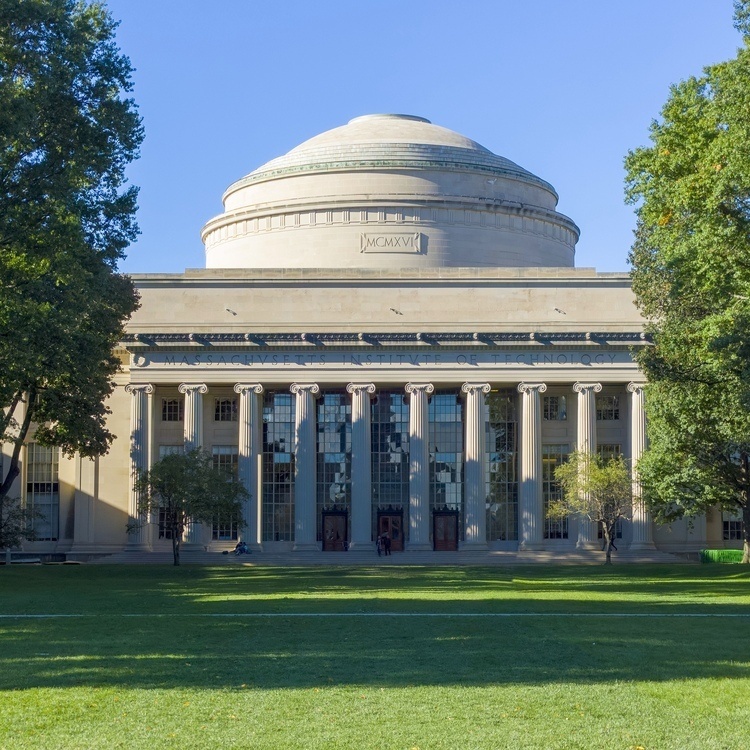
Francis Reilly-Andújar Thesis Defense: Non-invasive tuning of experience-dependent plasticity in the primary visual cortex
Description
Date: April 17th at 11am
Zoom link: https://mit.zoom.us/j/92091786511?pwd=SluDifJieYQFOMjAC70Gh3ziteHnSk.1
Password: ODP
In-Person Location: 46-3310
Title: Non-invasive tuning of experience-dependent plasticity in the primary visual cortex
Abstract: The cerebral cortex exhibits a remarkable capacity for experience-dependent plasticity, a feature that is predominantly confined to critical periods (CPs) during early postnatal development. In the mouse primary visual cortex (V1), ocular dominance plasticity (ODP) has served as a premier model for investigating the cellular and molecular mechanisms that underlie the formation and stabilization of cortical circuits. During the CP, short-term monocular deprivation (MD) induces both functional and anatomical changes in binocular V1, characterized by a weakening of deprived-eye responsiveness via mechanisms of synaptic long-term depression. As the critical period closes, increased inhibitory drive and the emergence of perineuronal nets (PNNs) stabilize neural circuits and restrict further experience-dependent plasticity. In Chapter 1, I review the key literature on ODP and provide a survey of interventions that have been shown to enhance ODP in adulthood. In Chapter 2, I present our findings that repeated anesthetic ketamine treatment can reinstate ‘juvenile-like’ plasticity in the adult mouse V1. Importantly, I demonstrate that this effect relies on the microglia-mediated depletion of PNNs, and that interfering with microglial purinergic P2Y12 receptor activation blocks the ketamine-induced enhancement of ODP. Building on these insights, Chapter 3 investigates the use of non-invasive light-flicker stimulation at different temporal frequencies as a means to unlock different forms of ODP in the adult mouse V1. Our results reveal that 60 Hz light-flicker stimulation reduces PNN levels and promotes a depression of deprived-eye responses following short-term MD, whereas 40 Hz stimulation – without altering PNN levels – enhances an adult form of ODP characterized by the strengthening of non-deprived eye responses following short-term MD. Furthermore, we show that in mice subjected to long-term MD initiated early in life, 40 Hz light-flicker treatment promotes recovery of visual function, as evidenced through physiological and behavioral assays. Finally, Chapter 4, outlines a series of future experiments designed to further elucidate the mechanisms by which light-flicker stimulation promotes enhanced ODP in adult V1. Together, the findings presented in this thesis introduce novel, minimally invasive (ketamine) and non-invasive (light-flicker) interventions that show promise as therapeutic strategies for ameliorating deficits arising from early life sensory deprivation.

